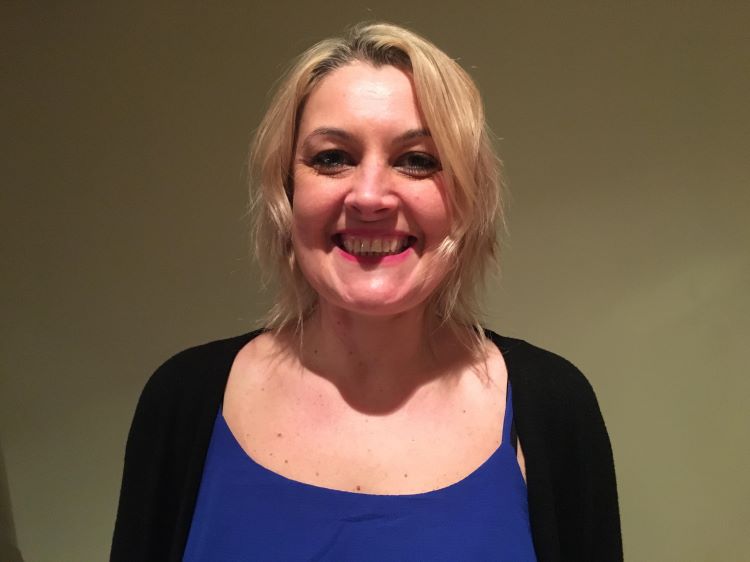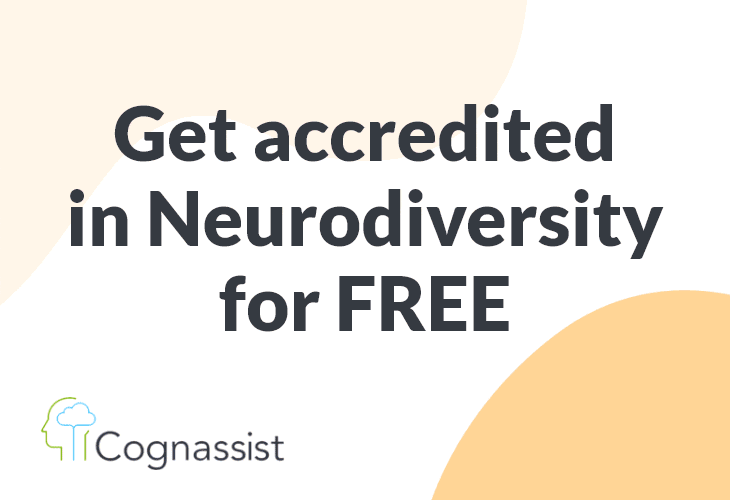How to support neurodiverse learners: #3 Verbal reasoning

Our ability to reason and use logic is something all of us rely on to learn new skills and understand information.
Verbal reasoning is about taking the information we learn to form conclusions or ideas.
“These mental operations may include forming and recognising concepts, perceiving relationships among patterns, drawing inferences, comprehending implications, problem solving, extrapolating, and reorganising or transforming information.” (The Cattell-Horn-Carroll Theory of Cognitive Abilities, 2014)
All vital processes for effective learning.
Difficulties with verbal reasoning can cause noticeable behaviours, like:
- Difficulty applying skills that we have learned to situations in a different context.
- Being slower to use our knowledge to solve new problems.
- Feeling unsure how to apply and use new information.
- Being less able to predict future consequences of our current actions.
Our three top tips for supporting a need in verbal memory
#1 Connect new topics to prior learning
Connecting new subjects to prior learning and how each topic relates can help learners to form concepts and relationships within the course material more easily.
It’s a good way to reinforce learning. It helps learners build a more conceptual understanding of their chosen area of study and extrapolate their own ideas and build a comprehensive knowledge base.
#2 Repeat information but rephrase it slightly differently each time
Even just one word can change how people interpret what we say – this is just a fact of human interaction. Learning information is always a process.
Very few of us will understand something the first time around, and often explaining it in a different way is what finally makes it all click into place and the problem becomes clear.
#3 Discuss similarities and differences between concepts
Verbal reasoning relates to our conceptual understanding of the world, so exploring similarities and differences encourages thinking at a more abstract and theoretical level, than a shallower and surface level.
Trying this tip can help learners to think logically about certain topics. And asking learners to identify these similarities and differences can inspire a deeper working understanding of their chosen field.
Dr. Louise Karwowski, Head of Science, Cognassist
So, what’s next?
We’re about to bring you something very exciting. A serialised set of guides on how to identify and support learners with a need in the eight key cognitive domain.
How to support neurodiverse learners: |
We’ll be posting one guide a week, rounding up with a podcast with Dr Louise Karwowski, Head of Science at Cognassist, who will discuss the importance of starting the conversation about neurodiversity with your staff and learners.
If you like the sound of understanding more about neurodiversity, you can register for free for the NCFE endorsed Neurodiversity Masterclass here:
You can also check out the full guide How to support Neurodiverse learners now.












Responses